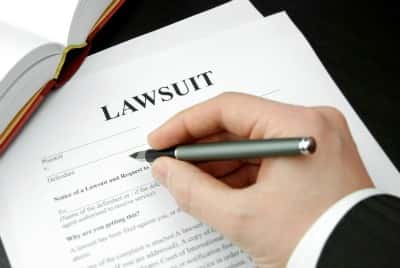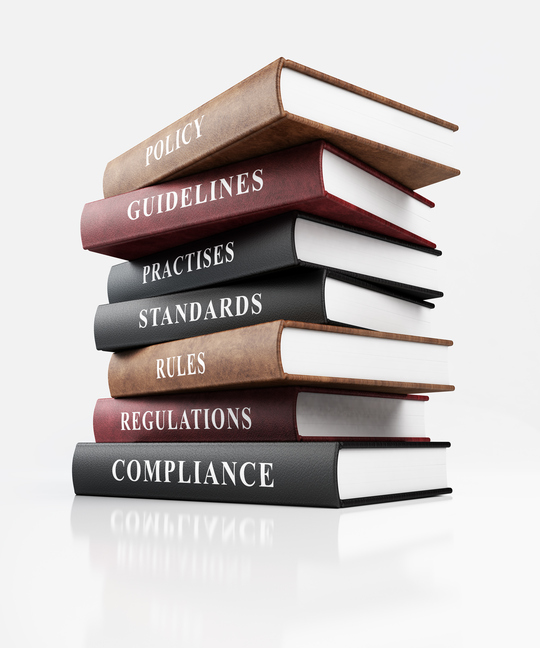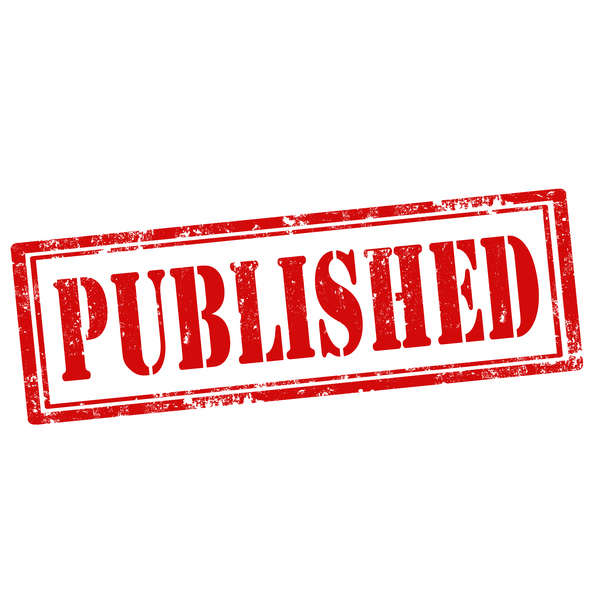 U.S. Reps. Todd Young, R-Ind., John Larson, D-Conn., Mac Thornberry, R-Texas, and Ron Kind, D-Wis., have introduced H.R.1665, the Alternative Fuel Tax Parity Act. The lawmakers say the bipartisan bill would ensure the federal highway excise taxes on liquefied natural gas (LNG) and propane autogas are levied at a rate consistent with the fuels' energy output relative to diesel and gasoline, respectively.
U.S. Reps. Todd Young, R-Ind., John Larson, D-Conn., Mac Thornberry, R-Texas, and Ron Kind, D-Wis., have introduced H.R.1665, the Alternative Fuel Tax Parity Act. The lawmakers say the bipartisan bill would ensure the federal highway excise taxes on liquefied natural gas (LNG) and propane autogas are levied at a rate consistent with the fuels' energy output relative to diesel and gasoline, respectively.
‘Alternative fuel sources are an important part of the comprehensive energy policy our country needs to end our dependence on foreign oil,’ says Kind. ‘The tax code shouldn't pick winners and losers – this legislation would ensure that cleaner-burning fuels like propane and natural gas are treated the same as other energy options.’
“As we see more and more alternative fuel service stations popping up around my district and the country, it's important that we ensure inequitable tax rates don't discourage consumers from adopting alternative fuel vehicles,” comments Young. “This bill is an easy way to ensure a level playing field for this burgeoning sector of our economy.”
As the lawmakers explain, LNG produces 58% of the energy output of diesel, but the two fuels are currently taxed at the same 24.3 cents per gallon rate. Similarly, propane produces 72% of the energy output of gasoline, but those two fuels are taxed at the same 18.3 cents per gallon rate. The Alternative Fuel Tax Parity Act aims to fix these disparities and set energy-equivalent rates for LNG (14.1 cents per gallon) and propane (13.2 cents per gallon).
NGVAmerica applauds the bill's introduction.
“We are encouraged that critical issues such as fixing the LNG/diesel tax disparity are receiving attention in the new Congress,” says Matthew Godlewski, NGVAmerica's president, in a statement. “It is a solid signal that we're getting close to resolving the federal roadblocks that are standing in the way of further accelerating natural gas use in the trucking sector.”
In February, Larson and Thornberry introduced H.R.905, separate legislation focused solely on how LNG is taxed. On the U.S. Senate side, another LNG-centric bill recently passed in the Senate Finance Committee.






